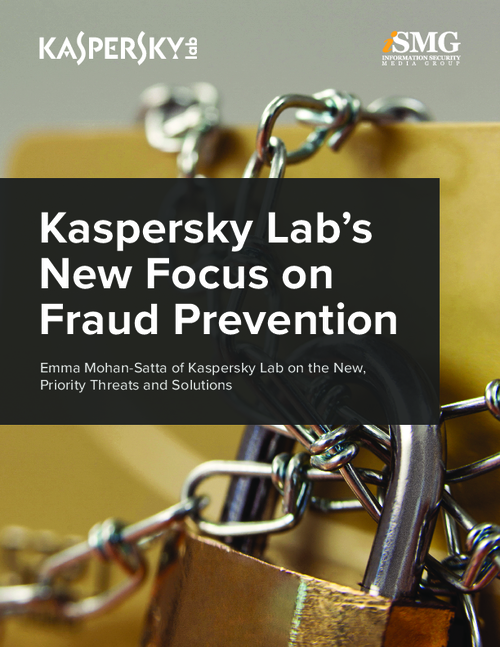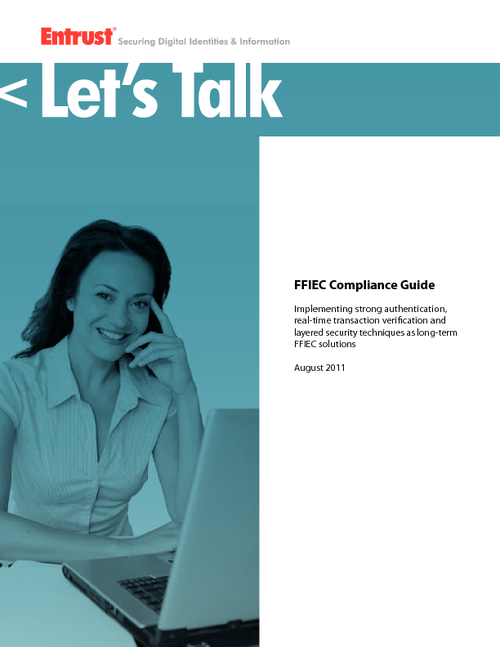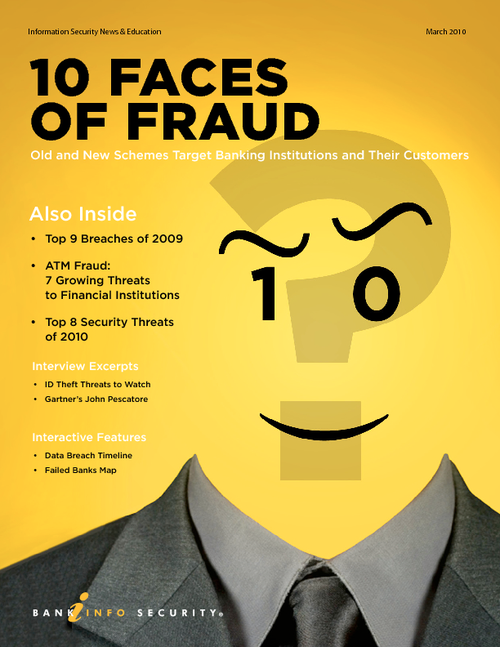Bank vs. Customer Claims Rejected
Court Dismisses Bank's Counterclaims in $440K Suit
Labeling it "a very close call," a U.S. district court has rejected a Mississippi bank's efforts to have a former commercial customer held liable for losses, damages and legal costs in an ACH and wire fraud case. And one legal expert suggests the case could set a precedent for other similar fraud cases.
Five months ago, BancorpSouth filed a countersuit against Choice Escrow and Land Title LLC, claiming that company, not the bank, was responsible for a fraudulent wire transfer that in 2010 drained more than $400,000 from Choice's commercial account. The $14.3 billion bank argued that Missouri-based Choice was responsible for covering the bank's financial losses and legal expenses related to the case (see Bank Sues Customer Over ACH/Wire Fraud).
But a U.S. district court in Missouri last week dismissed BancorpSouth's counterclaim against Choice, which filed its original suit against the bank in November 2010. So it now appears the two parties are edging closer to trial.
Choice Escrow's lawsuit against the bank seeks damages and recovery of losses linked to the attack, claiming the bank should have declined the transfer. The funds were routed to Cyprus, and Choice Escrow had no history of wiring funds overseas.
Choice executives would not comment about the ruling, and BancorpSouth executives could not be reached.
But IT security and privacy attorney David Navetta, the co-founder of the Information Law Group who's an expert on cases of ACH and wire fraud, says the court's interpretation of Article 4A of the Uniform Commercial Code (a.ka., the Funds Transfers Act) is the highlight of the ruling. And he says it could set a precedent for other bank fraud cases.
"Long story short, the court ruled that UCC 4A pre-empted the indemnification clauses being used by the bank in their counterclaim," he says.
The ruling suggests, Navetta adds, that a bank's contract with a customer that contradicts the spirit of the UCC could be nullified by the courts when legal disputes over fraud arise.
BancorpSouth's Counterclaim Arguments
In its counterclaim, which the court dismissed, BancorpSouth argued that:
- The wire transfer it approved was the "direct and proximate result of the negligence of Choice, acting by and through its agents and employees."
- Choice's contract with the bank included a funds transfer agreement, a business services agreement and an agreement to use the bank's InView System Automated Information Reporting Services. But Choice opted out of InView's dual-control option, making it liable for the losses it suffered. "Choice is contractually obligated to indemnify and hold harmless BancorpSouth Bank from any losses and damages sustained by Choice arising from its own conduct or negligence or the actions or omissions of its own agents or employees."
- The contract Choice signed obliges it to indemnify the bank for attorneys' fees, court costs and other expenses related to its suit.
The Court's Findings
In his four-page ruling, Magistrate Judge John Maughmer says he based his decision about contractual obligations between banks and commercial customers on his interpretation of the UCC. And he acknowledges the waters are murky. "The court, having read the briefing of the parties, finds this to be a very close call," he says.
Nevertheless, Maughmer finds that the UCC does not provide blanket protections for banking institutions, in spite of indemnity noted in the contract.
"As enacted in Missouri and other jurisdictions, the Funds Transfers Act (UCC 4A) was not intended to preempt or displace all causes of action between a bank and its customers engaging in money transfers," Maughmer writes. "The uniformity and certainty sought by the statute for these transactions could not possibly exist if parties could opt to sue by way of pre-Code remedies where the statute has specifically defined the duties, rights and liabilities of the parties."
Other Cases
Inherent in the magistrate judge's findings is the question "What is reasonable?" regardless of whether that reasonableness comes from the bank or the commercial customer. What's contained within the contract and what is deemed "commercially reasonable" often are at odds, Navetta says.
In the case between Michigan-based ExperiMetal Inc. and Comerica Bank, the fundamental question was: Did Comerica have reasonable security controls in place in 2009, when EMI lost more than $560,000 to fraudulent wire transfers.
Though the case never went to trial, the settlement reached between Comerica and its former customer EMI hinged on the reasonableness of the bank's security at the time of the takeover.
As part of the settlement, the bank agreed to pay EMI an undisclosed amount.
Other, more recent cases have focused on much of the same.
In early July, a federal appellate court reversed a lower court's ruling in the legal dispute between PATCO Construction Inc. and the former Ocean Bank, which is now part of People's United. The court reversed a district court's judgment that favored the bank and noted that the two parties might be best served by pursuing an out-of-court settlement.
The PATCO case is the first ACH/wire fraud dispute to be reviewed by a federal court (see PATCO ACH Fraud Ruling Reversed).
The ruling described the bank's security procedures as "commercially unreasonable," saying the institution should have detected and stopped fraudulent transactions that in 2009 drained more than $500,000 from PATCO's commercial account. The ruling went on to say Ocean Bank increased the construction company's fraud risk by relying on what the court calls a "one-size-fits-all" approach to monitoring and authenticating high-dollar transactions.
In June, Village View Escrow Inc., which in March 2010 lost nearly $400,000 after its online bank account with Professional Business Bank was taken over, settled with the bank for an undisclosed amount. The settlement was noteworthy, legal experts said, because Village View recovered more than the full amount of the funds it lost, plus interest (see Settlement Reached in ACH Fraud Case).






















